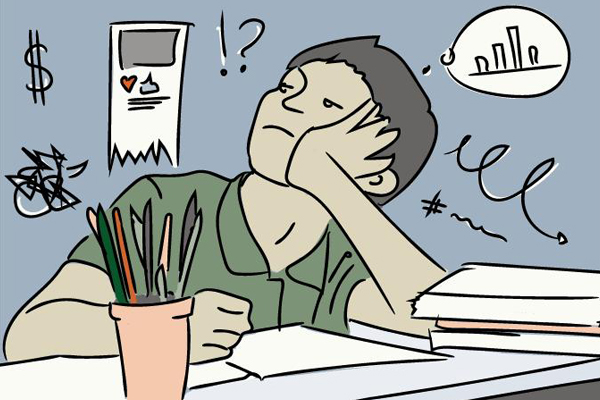Attention-deficit/hyperactivity disorder (ADHD) is one of the most common mental disorders affecting children. An estimated 8.4% of children and 2.5% of adults have ADHD. ADHD is considered a chronic and debilitating disorder .It can lead to poor self-esteem and social function in children when not appropriately treated.
ADHD is often first identified in school-aged children when it leads to disruption in the classroom or problems with schoolwork, in personal life also. It is more commonly diagnosed among boys than girls given differences in how the symptoms present. Boys tend to present with hyperactivity and other externalizing symptoms whereas girls tend to have inactivity.

Scientists have not yet identified the specific causes of ADHD. While there is growing evidence that genetics contribute to ADHD and several genes have been linked to the disorder, no specific gene or gene combination has been identified as the cause of the disorder. However, it is important to note that relatives of individuals with ADHD are often also affected. Several non-genetic factors have also been linked to the disorder such as low birth weight, premature birth, exposure to toxins (alcohol, smoking, lead, etc.) during pregnancy, and extreme stress during pregnancy.
A diagnosis is based on the presence of persistent symptoms that have occurred over a period of time and are noticeable over the past six months. While ADHD can be diagnosed at any age, this disorder begins in childhood. For a diagnosis of any type of ADHD, few of the above symptoms need to check.
ADHD treatment usually encompasses a combination of ChildTherapy/ Remedial Therapy /Behaviour therapy and medication intervention. So a Psychologist, Psychotherapist and Psychiatrist has to work together.